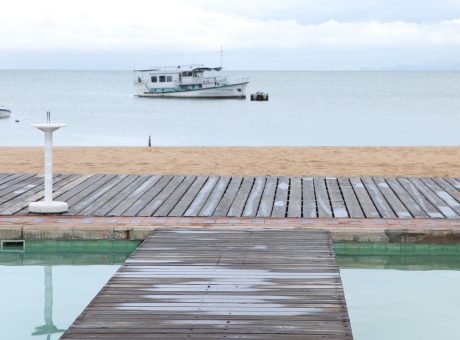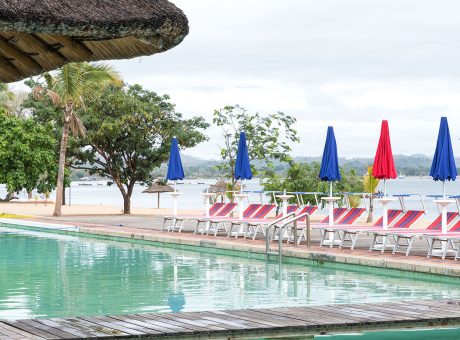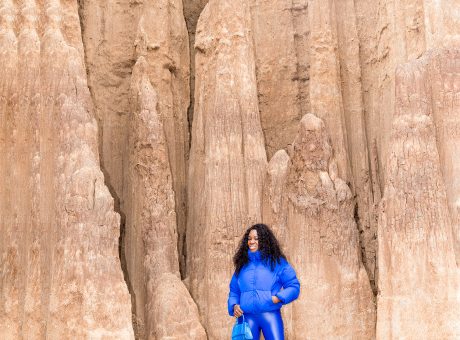FACTS ABOUT LAKE MALAWI
Lake Malawi is a veritable paradise. The pristine blue waters surrounded by golden sands eloquently tell the story of Lake Malawi and its beauty. Lake Malawi’s waters are known for their freshness, clearness, and vibrant fish species.
Lake Malawi is the ninth biggest lake in the world, in terms of surface area. It is the third-largest lake on the African continent (after Lake Victoria and Lake Tanganyika). The lakes area is 11,430 sq. miles (29,604 sq. km). Lake Malawi’s length is approximately 363 miles (584km), with its widest point measuring at 50 miles (80 km). The lake is approximately 706m deep (2,316 feet), making it the fourth deepest lake. More information on facts about Lake Malawi is here.
Lake Malawi (formerly known as Lake Nyasa) borders Malawi, Mozambique and Tanzania, but majority of its expanse lies within the confines of Malawi. The lake connects to Shire River, which runs through the southern region of Malawi.
The explorer, David Livingstone, is widely recognized as the individual responsible for introducing Lake Malawi to the world. Livingstone called it the “lake of stars” due to the mesmerizing sight of the fishermen’s lamps glowing like the stars in the sky.
The best way to explore Lake Malawi is to visit the beaches. So many engaging activities happen on the beach. Visitors are delighted to partake in beach soccer, beach volleyball, and water skiing. Moreover, boat excursions, snorkeling excursions, sand festivals, and scuba diving prove popular among many tourists.
The lake also boasts a breathtaking national park—home to the cichlid fish species. Recognized by UNESCO, Lake Malawi is home to a myriad species of cichlid fish.







